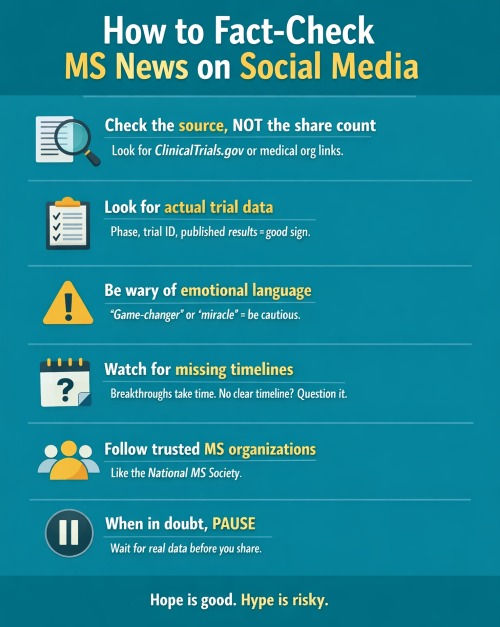Navigating High Stress Situations with Multiple Sclerosis
- Joe Weber

- Jul 21, 2024
- 3 min read
Updated: Jul 22, 2024

Our child, Ghost, OK he's not a child, he's a pet, had another lengthy seizure a couple of nightS ago which comes with a ton of stress. He has a history of seizures so you think I'd be used to this by now, but no, I'm not.
He hasn’t been medicated for them. He never really met the criteria, until now. He starts his new meds on Monday and hopefully we do t have to deal with this anymore.
*He's fine. He stayed overnight at the emergency vet for observation but he's fine.
A lot of stress, especially stress that comes on hard and fast can have a huge affect on my MS symptoms, so I thought this would be a great time to talk about it.
Living with Multiple Sclerosis (MS) comes with its own set of challenges, but when high stress situations arise, the impact can be even more profound. Stress is a universal experience, but for someone with MS, its effects can be particularly acute. Understanding how stress affects MS and learning strategies to manage it can make a significant difference in maintaining health and quality of life.
The Connection Between Stress and MS
Multiple Sclerosis is a chronic condition where the immune system attacks the protective sheath (myelin) covering nerve fibers, leading to communication problems between the brain and the rest of the body. Symptoms can vary widely, from fatigue and difficulty walking to numbness and vision problems.
Stress is known to exacerbate these symptoms. When you're stressed, your body releases hormones like cortisol and adrenaline. While these hormones are helpful in short bursts, chronic stress can lead to inflammation and a weakened immune system, which can aggravate MS symptoms. This is often referred to as a "flare-up" or exacerbation.
Common High Stress Triggers
High stress situations can stem from various aspects of life, including:
Work-related pressures: Tight deadlines, heavy workloads, and job insecurity can all contribute to high stress levels.
Personal relationships: Conflicts with family, friends, or significant others can create emotional stress.
Health concerns: Managing MS itself, along with other health issues, can be a significant source of stress.
Life changes: Major life events such as moving, changing jobs, or losing a loved one can be particularly stressful.
The Impact of Stress on MS Symptoms
When stress levels rise, MS symptoms often become more pronounced. Common effects include:
Increased fatigue: Stress can drain your energy, making it harder to manage daily tasks.
Cognitive issues: Concentration and memory can be impaired during high stress periods.
Physical symptoms: Muscle tension, pain, and spasticity can worsen under stress.
Emotional changes: Anxiety and depression are more likely to occur, creating a vicious cycle of stress and symptom exacerbation.
Managing Stress with MS
Managing stress is crucial for those living with MS. Here are some practical strategies:
Mindfulness and Relaxation Techniques: Practices such as meditation, deep breathing, and progressive muscle relaxation can help reduce stress levels.
Regular Exercise: Physical activity is a great stress reliever. Tailor your exercise routine to your abilities and preferences, whether it’s yoga, swimming, or a simple walk.
Healthy Diet: Eating a balanced diet can improve your overall well-being and energy levels, helping you cope better with stress.
Adequate Rest: Ensure you get enough sleep. Restorative sleep is essential for managing stress and MS symptoms.
Social Support: Connecting with others who understand your condition, whether through support groups or social networks, can provide emotional relief.
Professional Help: Don’t hesitate to seek help from a mental health professional. Counseling or therapy can offer strategies to cope with stress and emotional challenges.
Conclusion
While stress is an inevitable part of life, its impact on those with Multiple Sclerosis can be more severe. Understanding this connection and proactively managing stress through various strategies can help mitigate its effects, leading to a better quality of life. Remember, it's essential to listen to your body, seek support when needed, and prioritize self-care. By doing so, you can navigate high stress situations more effectively and maintain better control over your MS symptoms.
If you or someone you know is struggling with MS and stress, consider reaching out to a healthcare provider for personalized advice and support. Managing stress is not just about handling the moment; it's about building a resilient foundation for your long-term health and well-being.




Comments